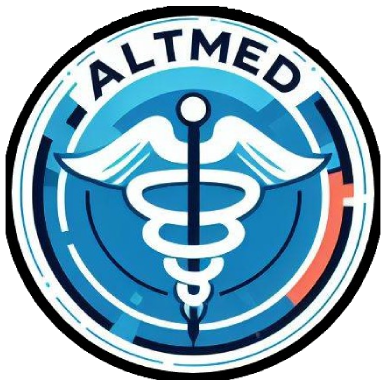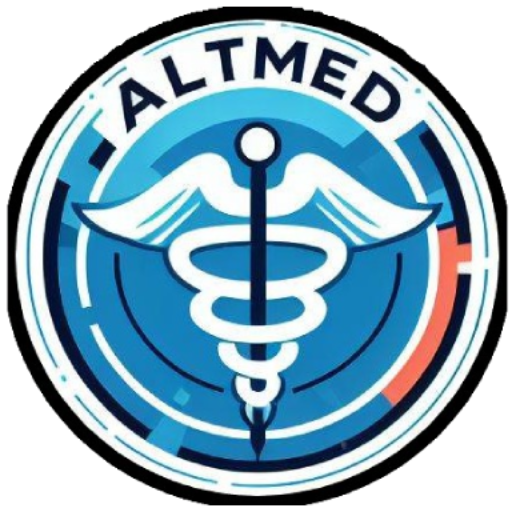Introduction:
Dr. S. Kohtala’s 2021 review in Pharmacological Reports offers a comprehensive examination of ketamine’s 50-year history. Initially developed as an anesthetic, ketamine has emerged as a rapid-acting antidepressant with novel neurobiological mechanisms. This article summarizes key findings on ketamine’s pharmacodynamics, therapeutic applications, and its transformative role in psychiatry.
Key Points for Providers:
- Mechanistic Insights:
- Ketamine targets NMDA receptors, modulating glutamatergic neurotransmission and reducing synaptic hyperactivity associated with depression.
- It induces a surge in BDNF release, promoting synaptogenesis and reversing stress-induced synaptic deficits.
- Clinical Applications:
- Rapid antidepressant effects are observed in treatment-resistant depression and acute suicidality, with efficacy noted within hours to days.
- Emerging research highlights ketamine’s potential for anxiety disorders, PTSD, and chronic pain, expanding its therapeutic scope.
- Pharmacokinetics and Administration:
- Subanesthetic doses are administered intravenously or intranasally, with effects typically lasting days to weeks.
- Safety profiles emphasize the importance of controlled administration due to transient dissociative effects and potential misuse concerns.
- Future Directions:
- Ongoing studies focus on optimizing dosing regimens, exploring long-term outcomes, and understanding individual variability in response.
- Investigations into enantiomers like esketamine are advancing the development of safer and more targeted therapies.
The VitalPoint for Providers:
Kohtala’s review underscores ketamine’s pivotal role in reshaping treatment paradigms for mood disorders. Its rapid-onset mechanism and synaptogenic effects offer new avenues for addressing refractory cases, though careful monitoring and further research are essential for sustained, safe application.
Further Reading:
- Kohtala S. Ketamine-50 years in use: from anesthesia to rapid antidepressant effects and neurobiological mechanisms. Pharmacol Rep. 2021 Apr;73(2):323-345. doi: 10.1007/s43440-021-00232-4. Epub 2021 Feb 20. PMID: 33609274; PMCID: PMC7994242.
- https://pubmed.ncbi.nlm.nih.gov/33609274/

